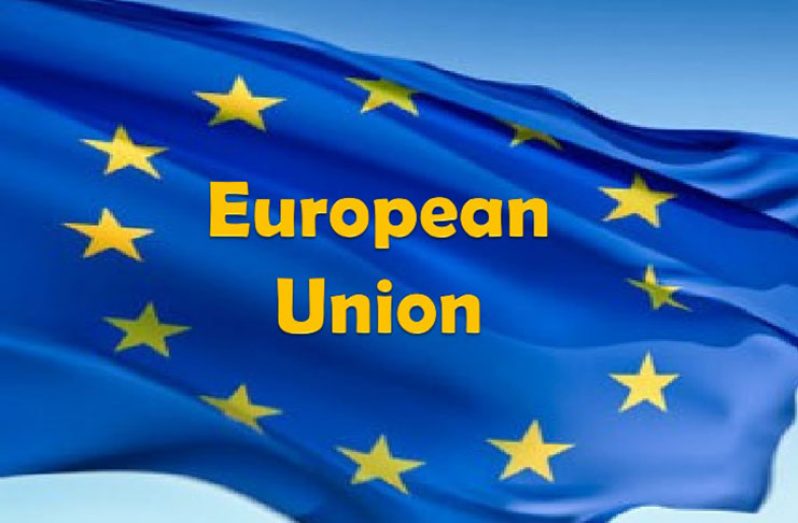–EU says money for sugar industry possible only on Gov’t request
IT IS possible on the request of the Government, that Guyana can receive funding from the European Union (EU) to assist in reviving the country’s sugar industry.
This was noted on Thursday when Head of the Delegation of the European Union to Guyana, Ambassador Jernej Videtic and other EU officials hosted a press briefing at the organsiation’s office at Sendall Place, near Brickdam in the capital City.
The EU officials were asked whether the body has received requests for assistance from the authorities here regarding the production of plantation white sugar.
According to the EU, for technical assistance projects, such as those relevant to the sugar industry, funding is provided on a request basis.
In theory, it was noted that it is possible that the EU can assist once the request comes from the Government; however, it was noted that no such requests were made.
The decision by the EU to cut sugar quotas from the African Caribbean Pacific (ACP) countries was made in 2005.
Ambassador Jernej said that between 2006 and 2017, the EU provided a total of GY$348.5 billion in budgetary support to Guyana to compensate for the cuts in preferential market price.
The EU ambassador noted that the last payment which Guyana received in October 2016 came after a holding period, noting that certain eligibility criteria were not met prior to the disbursement.
He said the EU has been supporting the sector here. However, such support was not geared for policy design which he noted is the sole responsibility of the Government.
The sugar industry has encountered its fair share of financial and other setbacks, requiring over $38 billion in annual bailouts since 2012.
This has seen tax revenues being diverted away from critical social and infrastructural development projects, even as the demand for sugar on the global market continues to diminish.
The government has pledged to ensure that effective actions are taken to address the difficulties of the ailing industry and foster the best solution for all stakeholders and the country as a whole.
In 2013, the Caribbean suffered a major blow with the announcement by the EU, which is the largest importer of sugarcane – that it would abolish its quota regime at the end of September 2017.
The EU’s quota regime is a structure which allows countries of the ACP countries, of which Guyana is a member, to sell sugar at two to three times the world market price.
Without these preferences, sugar export revenues would decline significantly.
This move leaves sugar producing countries in the Caribbean in a further weakened position, as they would need to become more competitive by reducing costs, adding value to their sugar industries or diversifying into other crops.
In April 2015, the ACP expressed concerns for the impending quota abolition, which it believed was responsible for a sharp decline in global sugar prices.
While urging the EU to extend the quota regime to the year 2020, the ACP said that it has warned Europe that the abolition of sugar production quotas in 2017 will lead to drastic price reductions and major market instability.
The ACP noted that the move will undermine the substantial investments in the reform and adaptation processes of the sugar industries of member states, including Guyana.



.jpg)









